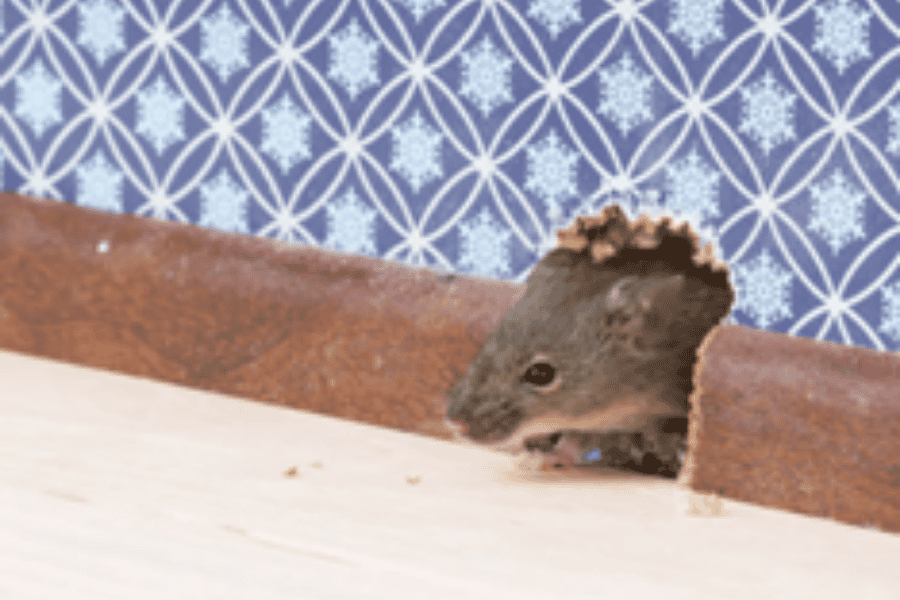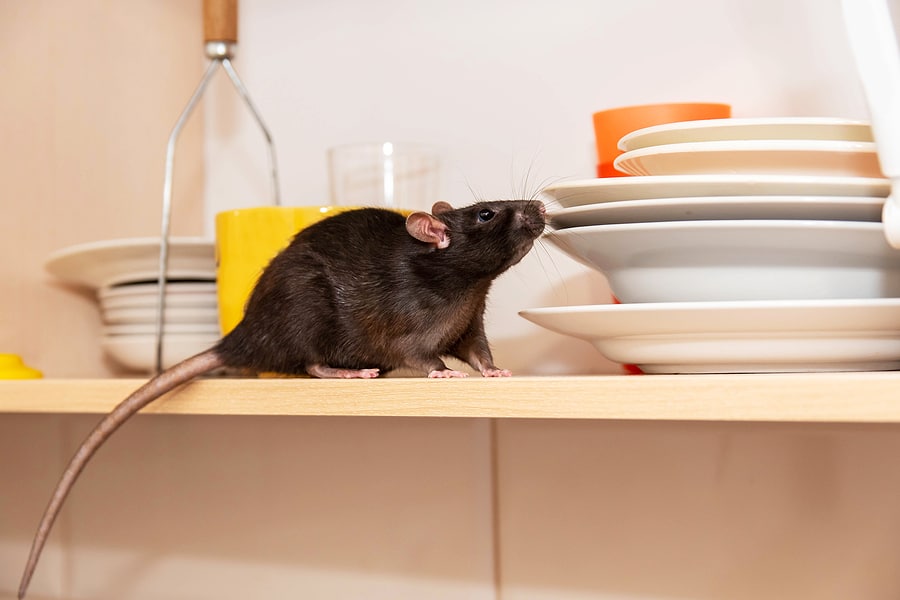READY TO GET STARTED?
REQUEST A FREE ESTIMATE
Fill out the form below or call (888) 466-7849 for a free, no-obligation estimate.

Rodents can cause serious damage to both your home and your health. If you live in Broward County, Florida, and want to protect your home from these pests, this guide will help you understand how to deal with rodent infestations effectively while keeping your living space safe.
This post will cover the types of rodents common in the area, why they’re such a problem, and the most effective ways to handle infestations. By the end, you’ll be equipped with practical solutions for dealing with rodents in your home.
Florida’s warm, year-round climate is an ideal environment for rodents like rats and mice, which thrive in urban areas and can cause significant structural damage. Common rodents in Broward include Norway and roof rats, both of which are known to spread diseases and damage insulation, wiring, and wood.
While managing a rodent infestation can be challenging, there are a number of effective ways to deal with it, from preventive measures to active control strategies.
The first step in controlling rodents is preventing them from entering your home in the first place. Inspect your home for gaps around doors, windows, and utility lines. Use durable materials like steel wool, copper mesh, or caulking to seal off potential entry points. Regularly check attics and crawl spaces for signs of rodent activity.
Traps and bait are some of the most common methods for controlling rodent populations. While traditional snap traps are effective, there are also more humane options available. Live traps, for instance, allow you to capture and release rodents away from your property. For bait, consider using alternatives to toxic chemicals, such as non-poisonous bait stations that are safe for pets and children.
Certain smells are known to deter rodents. Some natural repellents, like peppermint oil, can be used to create a barrier around entry points or areas where you’ve spotted rodent activity. Other deterrents include cayenne pepper and vinegar-water sprays.
Prevention is always better than dealing with an infestation. Here’s how you can minimize the risk of rodents in Broward County:
Dealing with rodent infestations quickly is essential to prevent long-term damage to your home and health. Rodents are not only a nuisance, but they can also spread diseases like leptospirosis, hantavirus, and salmonella. Taking steps to secure your home and eliminate food sources for rodents will make your living environment safer for you and your family.
By implementing these practical rodent control strategies, you can maintain a pest-free home and avoid the structural damage and health risks associated with rodent infestations in Broward County. Contact a pest control company near you today to get started.

Seeing any wildlife creature in your South Florida home is always alarming! While both are harmful to our home and the health of our family. These creatures will contaminate homes, chew wires, and transmit diseases to humans and pets. It’s important to understand their key differences to help prevent both rodents.
House mice are smaller than rats, ranging from four to six inches in length, and can be light grey, white, or brown. While rats are double the length of the average house mice, Norway rats are around 10 inches long. A difference seen between the two rodents are their tails. Mouse tails are equal in length to their body and are thin, long, and hairy. Rat tails can be 7” to 9” in length and are long, thick, scaly, and hairless.
If you have rodent infestation, you’ve probably seen their droppings. The difference between rat and mice droppings is noticeably different. Mice have smaller droppings, only about an eighth to a quarter of an inch long. Rat droppings are larger, about a half to three-quarters of an inch long.
Both rats and mice will happily nest inside or around your property, but their difference is the location they choose to nest in. Mice are great at climbing, typically making their nests in wall voids, attics, sheds, cabinets, and barns. While rats, such as Norway rats, will choose to live in burrows underground like crawlspaces, attics, and basements. Other rats, such as roof rats, are also great climbers but prefer to habitat in upper parts of buildings, trees, or attics.
Whether you’re dealing with a mouse or rat, proper identification and treatment are essential to remove them. It’s best to contact your local South Floria pest control company who will identify the rodent, locate entry points, and provide a treatment and prevention plan.